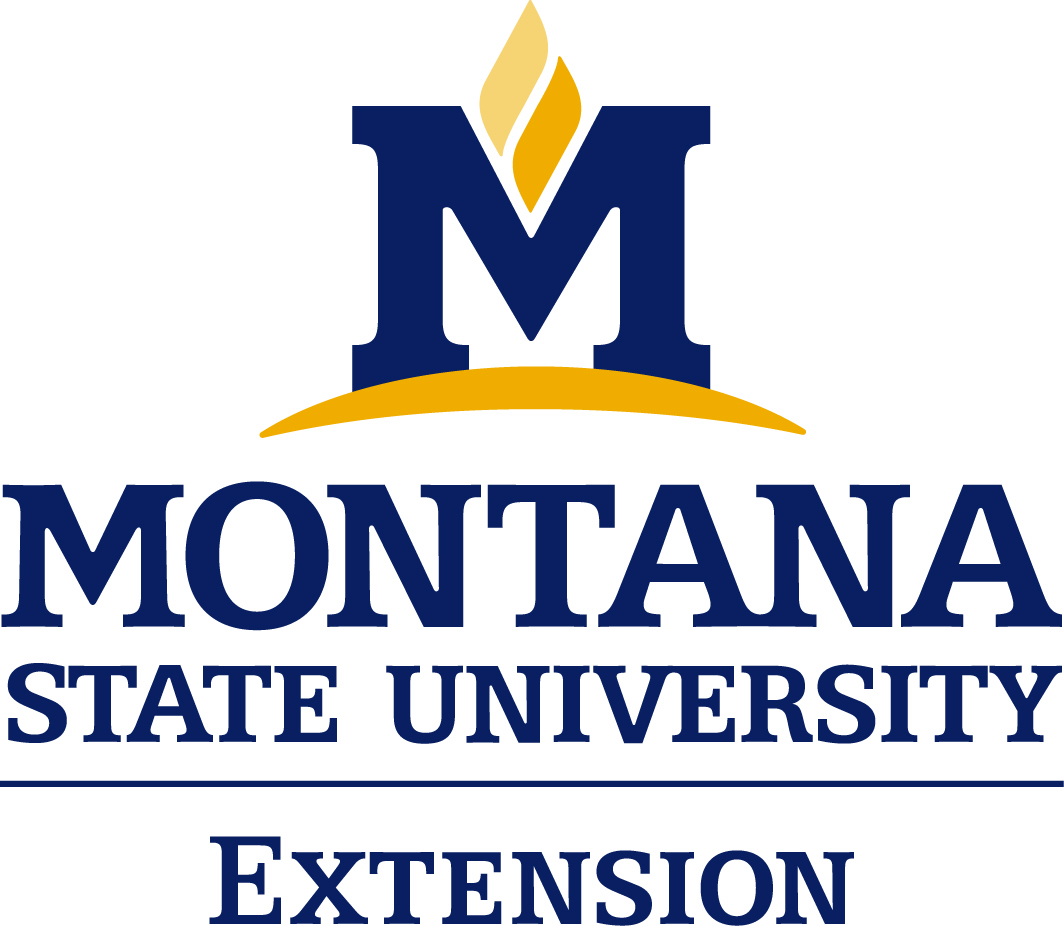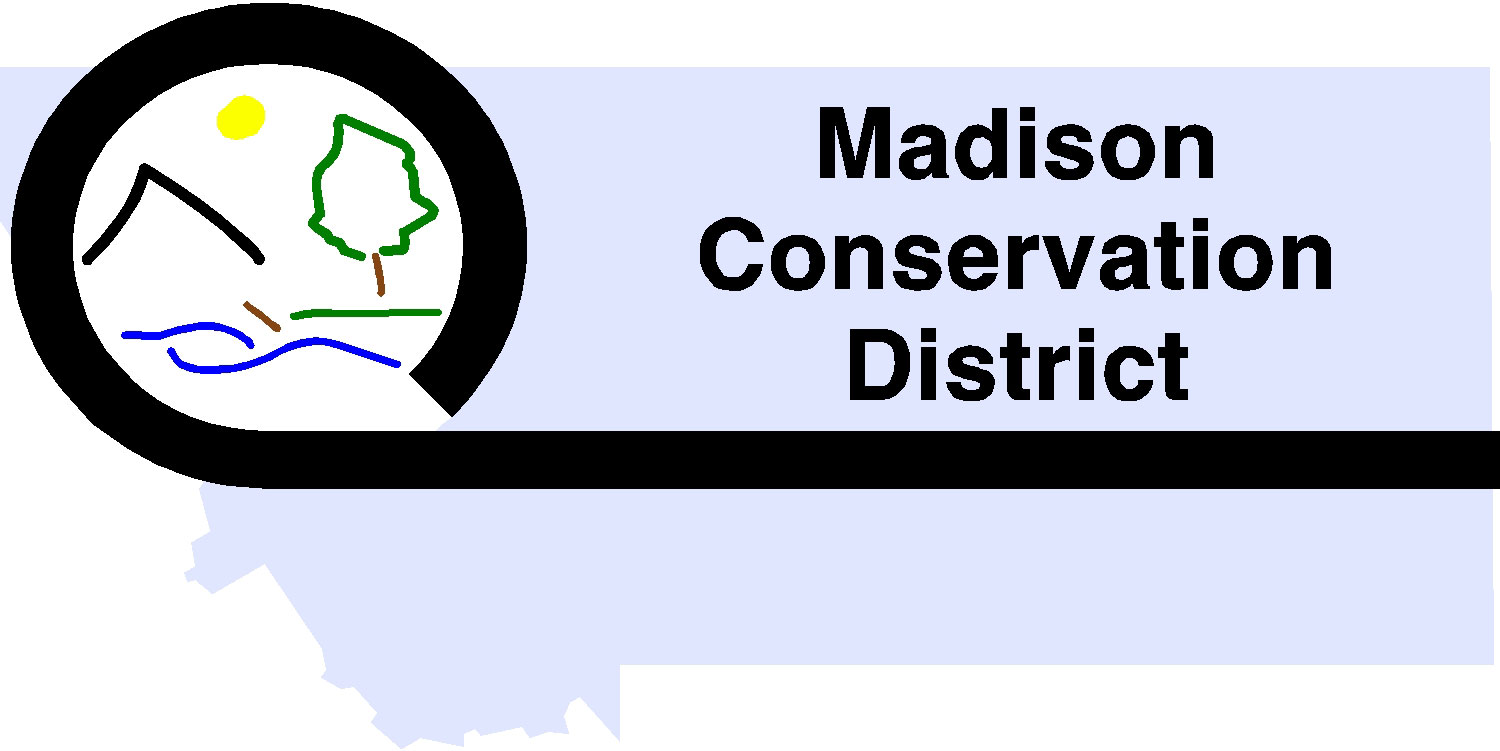MSUEWQ Data Hub
Programs
Big Hole River Foundation
Conducting a long-term water quality monitoring program is the primary focus of the Big Hole River Foundation. Two years of research & design have gone into building a project that will allow BHRF to collect data to evaluate current conditions and share that data with state agencies. There is a need for proactive, science-based management of this extraordinary resource. The BHRF Sampling and Analysis Plan (SAP) was officially approved by the Montana Department of Environmental Quality in the spring of 2020. Currently, no agency is collecting regular water quality data on the Big Hole. Monitoring will provide baseline conditions against which organizations and individuals can evaluate impacts and the improvement or deterioration of water quality.

Bighorn River Alliance
https://www.bighornriveralliance.org/
Beginning as a small group of concerned anglers in 1994, the Bighorn Alliance has developed into a respectable watershed-based organization that works to develop collaborative solutions to watershed problems through working partnerships within the reservation and with federal and state agencies.
Understanding that the River is dependent on the relations of many, BHRA is a true Alliance of fisherman, farm and ranch operators and river enthusiasts that are committed to become part of a working solution to address watershed challenges.

Broadwater CD - Deep Creek Monitoring
The Broadwater Conservation District works to meet the needs of its citizens while striving to ensure that natural resources are protected and responsibly used for generations to come. The BCD partnered with landowners and agency personnel in 2011 to develop a Watershed Restoration Plan for Deep Creek, which addresses excessive sediment loading, high in-stream water temperatures, and low summer flow of the creek. Thanks in large part to the generous contribution of long-term volunteer Jim Beck, the BCD team annually collects stream flow and in-stream temperature on nine sites along Deep Creek to track the progress of their restoration efforts.

Carbon County Resources Council
https://northernplains.org/affiliates/carbon-county-resource-council/
Also known as Rock Creek Watershed Group
Clarks Fork Yellowstone Partnership
This sampling effort will augment data collected by the CCD and NRCS and will provide a useful benchmark of water quality data from the Clarks Fork Yellowstone River. One of the goals of CFYP is to facilitate the eventual development of a watershed restoration plan. Detailed water quality data will be a critical component of that effort. These data may be able to aid farmers and ranchers with decisions about timing, quantity, and type of fertilizer to apply to their land. This monitoring may also highlight opportunities to address sediment runoff to the river related to irrigation.
Gallatin Stream Team
https://www.gallatinwatershedcouncil.org/gallatin-stream-teams
Gallatin Stream Teams is a volunteer stream monitoring program operated in partnership between the Gallatin Watershed Council and the Gallatin Local Water Quality District. Since 2008, citizen scientists have been testing water quality on local streams. This high-quality data is being used by Gallatin Watershed Council, the Gallatin Local Water Quality District, the Department of Environmental Quality, the City of Bozeman, and others to assess the health of the watershed.

MSUEWQ Data Hub Software Developer
Kyle is a program in and of himself. He is the computer software programmer for the Data Hub but is also a user who uploads photos from various streams and rivers he visits around MT.
MSUEWQ Mandeville
MSU Extension Water Quality provides water resource and monitoring related technical assistance to Extension agents, watershed groups and local conservation organizations across Montana in addition to working with MSU students. Mandeville creek that runs through the MSU campus provides a useful place to test methods and train students while simultaneously collecting data that may be of use for other purposes.

Madison Stream Team
https://madisoncd.net/madison-stream-team/
The Madison Stream Team is a group of local citizens that have been collecting water quality data on streams throughout the Madison Watershed since 2010. Thanks to the dedicated efforts of their volunteers, Madison Conservation District has become empowered to better understand stream conditions, identify potential concerns and sources of pollution, and to partner with federal and state agencies to address and develop restoration strategies in this region.

Musselshell Salinity
http://musselshellwc.wixsite.com/musselshellwc
The Musselshell Watershed Coalition engages volunteers in stream salinity and photo-point monitoring in order to identify and address water quality concerns in the Musselshell Watershed. During the irrigation season their dedicated core of volunteers use field meters to collect specific conductance readings at several sites along the Musselshell River. This data is entered in the MSUEWQ Data Hub where it is immediately available to the public and can be used to make irrigation decisions. The salinity data is also displayed on the Musselshell River Flow & Salinity website alongside discharge data.

Sun River Watershed Group
https://www.sunriverwatershed.org/
The Sun River Watershed Group has been collecting water quality data on the Sun River and its tributaries since 2001 in partnership with long-time volunteer and science teacher Rai Hahn. Their goal is to improve the quality of the water in the Sun River and all tributaries to meet the needs of all beneficial uses established in their ongoing Sun River Water Quality Restoration Plan.

Yaak Valley Forest Council
The Yaak Valley Forest Council (YVFC) works within the larger Yaak Headwaters Restoration Partnership to protect and restore habitat connectivity in the Yaak watershed. The implementation of a water quality monitoring program addresses several threats to our regional waterways including: increased home building, a rise in didymo and algae blooms over the last two decades, and the overarching and compounding threat of climate change. The 11 chosen monitoring sites differ in intensity of forestry activities, road density, and distance to human habitation. Statistically analyzing the results of the water quality data will help inform regional land management decisions.



